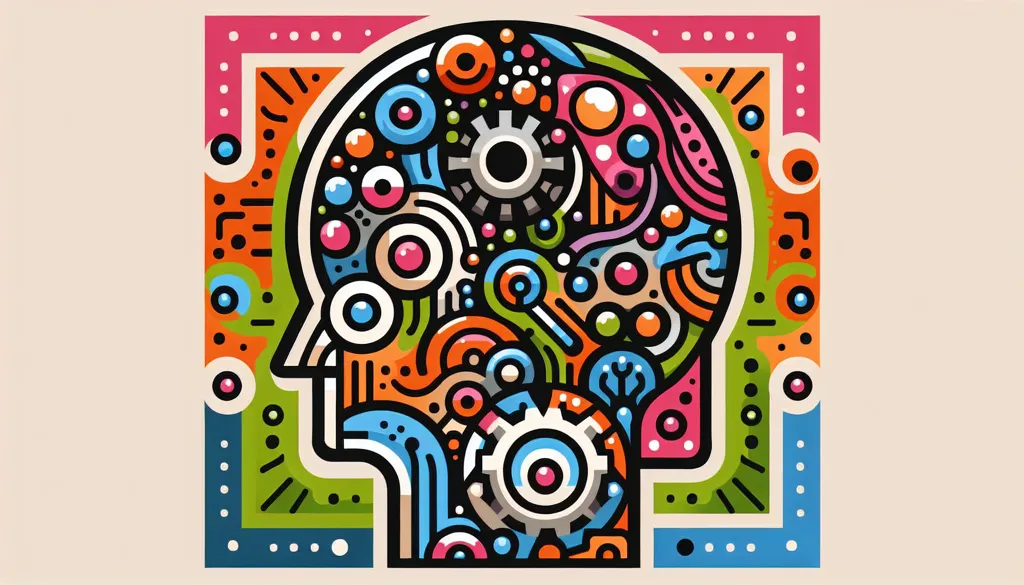Understanding the Complex Landscape of Mental Health in the United States
The topic of mental health has gained increasing attention in recent years, with many Americans acknowledging the presence of a mental health crisis. According to a 2023 KFF-CNN poll, 90% of Americans recognize this issue. This article explores the current state of mental health services, the disparities in access, and the unique challenges faced by different demographic groups.
The State of Mental Health: A Snapshot
Mental health concerns are prevalent across the United States, affecting millions of individuals. The KFF Women's Health Survey (WHS) of 2024 provides valuable insights into the mental health status of Americans, particularly women. The survey revealed that 28% of women describe their mental health as "fair" or "poor," a slightly higher percentage than men, of whom 23% report similar sentiments.
This disparity is more pronounced among younger women, with 36% of those aged 18 to 25 rating their mental health as "fair" or "poor." Conversely, 49% of women aged 50 to 64 describe their mental well-being as "excellent" or "very good," highlighting an age-related difference in mental health perceptions.
Access to Mental Health Services
While mental health services are available, access remains an issue. The survey indicates that 29% of women have received mental health care in the past year, compared to 22% of men. Younger women are more likely to seek professional help than their older counterparts, with one in three women under 50 accessing mental health services annually.
Income and identity also play significant roles in mental health service access. Women with lower incomes and those identifying as LGBT+ report poorer mental health and higher utilization of mental health services. Medicaid plays a crucial role in providing affordable mental health care, especially for low-income individuals, as it typically covers most costs with minimal out-of-pocket expenses.
Barriers to Mental Health Care
Despite the availability of services, many women still face barriers to accessing mental health care. Nearly half of women with "fair" or "poor" mental health did not receive the care they needed. Common barriers include cost, time constraints, and stigma around seeking mental health care.
Cost remains a significant hurdle, particularly for the uninsured, with 29% citing it as a reason for not seeking care. Even among those with private insurance, out-of-pocket expenses can be prohibitive. The need for more inclusive and accessible care is evident, as the current system often fails to meet the needs of all demographic groups, including people of color and those with language barriers.
Innovative Approaches to Mental Health
Communities across the country are exploring innovative solutions to improve mental health support. Initiatives like The Mental Health Minute in Routt County aim to raise awareness and provide resources for mental health challenges. Additionally, programs like equine therapy are gaining recognition for their effectiveness in treating various mental health conditions, including PTSD and anxiety among veterans.
In San Diego, behavioral health services have undergone significant transformation, focusing on chronic care rather than crisis intervention. This shift emphasizes long-term engagement with mental health services, potentially reducing the frequency and severity of mental health crises.
Conclusion
As the mental health crisis continues to impact Americans, especially women and marginalized groups, it is crucial to address the barriers to accessing care and explore innovative solutions. Community-based initiatives, policy changes, and increased funding for mental health services are essential steps toward creating a more equitable and effective mental health care system.
The journey toward improved mental health care is ongoing, and it requires a collective effort from policymakers, healthcare providers, and communities. By prioritizing mental health, we can help ensure that everyone has the opportunity to thrive.

